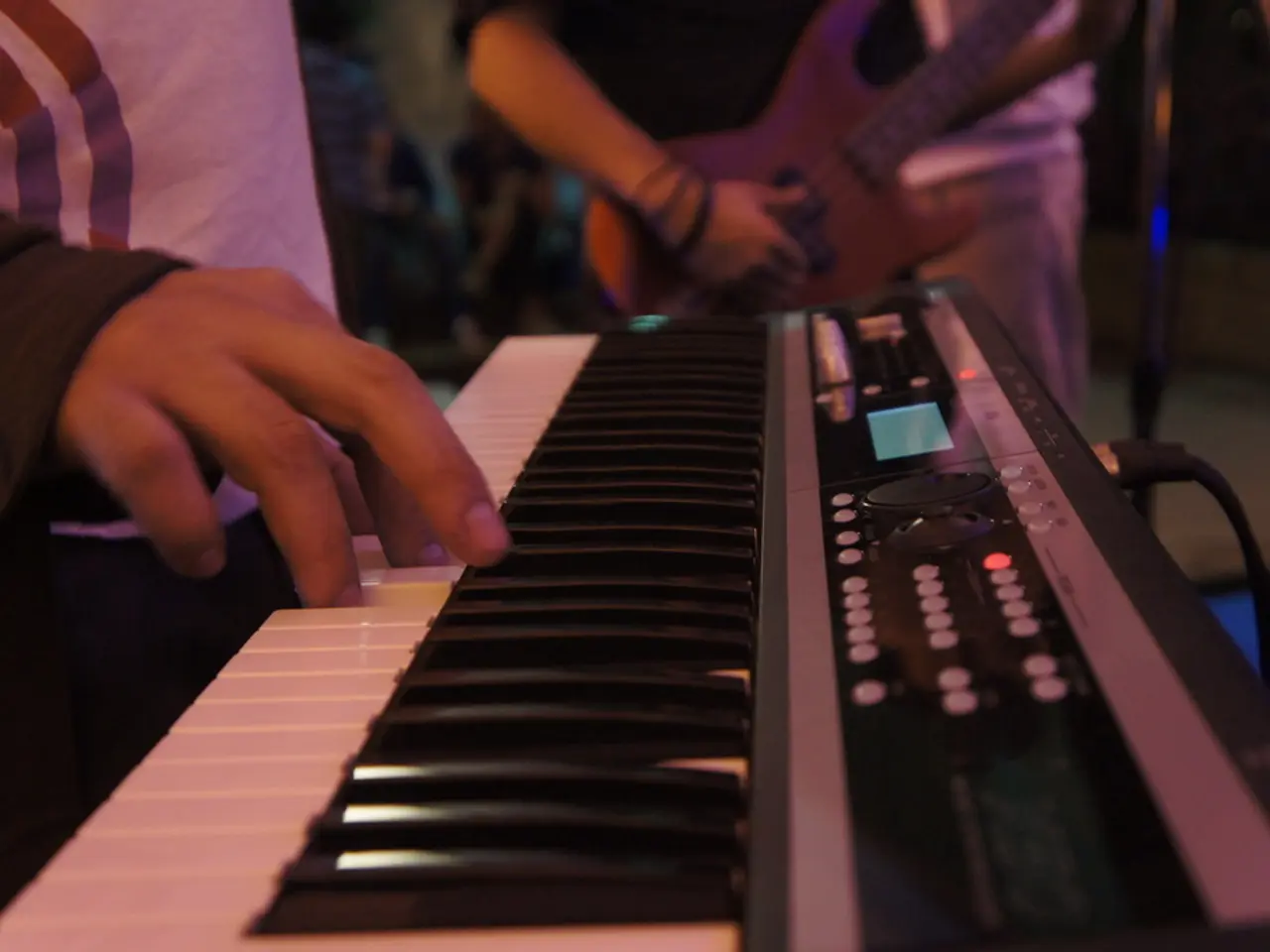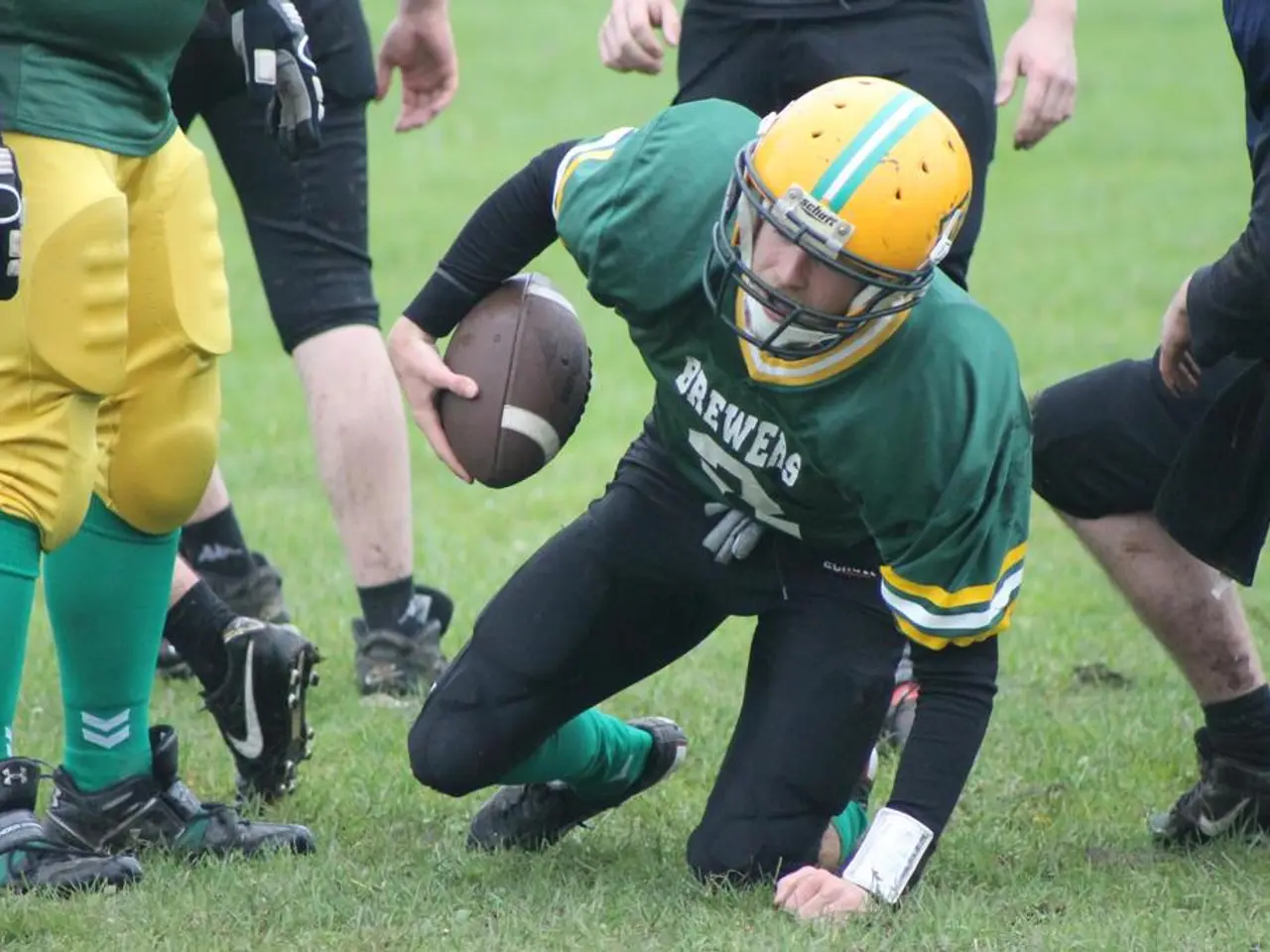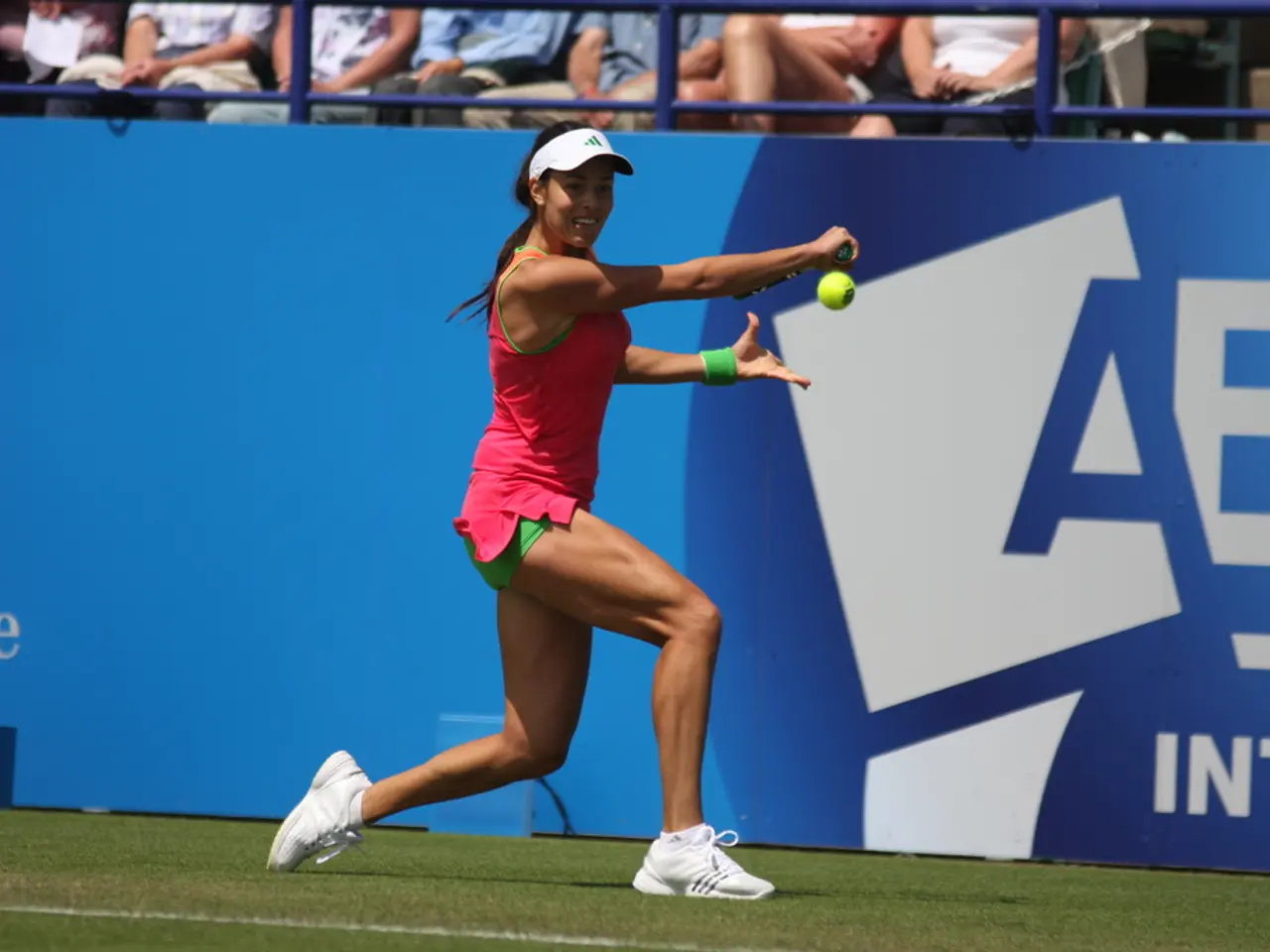Lessons Gleaned from Juventus' Performance at the FIFA Club World Cup:
In the heart of the Italian football season, Juventus finds itself grappling with persistent defensive issues that have hindered its performance in key competitions. The Old Lady's recent setbacks, such as a 5-2 defeat to Manchester City in the Club World Cup and a loss to Real Madrid, have exposed the club's vulnerabilities at the back [1].
The lack of defensive cohesion and organization, problems in maintaining a solid backline when key players are changed or injured, and the absence of a commanding defensive leader are some of the issues plaguing Juventus [2]. These shortcomings have been a concern for analysts like Paolo De Paola and Claudio Onofri for about four years, with no meaningful solutions implemented [1][3].
Despite Daniele Rugani's individual reliable performances, the overall defensive structure is perceived as inadequate. The €17.5 million acquisition from Newcastle United, Lloyd Kelly, has struggled to adapt to Italian football, with Juventus conceding 25 goals in 13 matches he's played [1]. Rugani, who returned from loan spells at Ajax, Cagliari, and Rennes, has not improved and is no longer considered a viable option for Juventus [4].
In a bid to reinforce their defense, Juventus could prioritise defensive reinforcements in the transfer market, bringing in experienced and physically robust defenders [5]. The club could also consider signing a true defensive leader who can organise and inspire the backline, possibly through pursuing players like Matthijs de Ligt [1].
Improving tactical defensive cohesion, adopting setups that emphasise compactness and zonal marking, and strengthening the defensive midfield are other potential solutions [5]. Giving consistent playing time and clear roles to defenders could also help avoid disorganization when squad rotation occurs.
With Kenan Yildiz, a Turkey international, being one of the few bright spots for Juventus in the Club World Cup, the club must hold onto him while addressing their other team issues [6]. Di Gregorio, signed last summer from AC Monza for €18 million, looks like a valuable signing for Juventus [7].
As Juventus reflects on the lessons learned from the Club World Cup where they recorded only 2 wins and 2 losses, the club must make backline strengthening their transfer priority this summer to be competitive again [1][3]. Without decisive action on these fronts, the club risks falling further behind in Italian and European competitions.
[1] La Gazzetta dello Sport [2] Goal.com [3] Sky Sport [4] Calciomercato [5] Football Italia [6] Tuttosport [7] Juventus.com
- Juventus, currently grappling with persistent defensive issues in the Italian football season, could potentially strengthen their backline by prioritizing the signing of experienced and physically robust defenders in the transfer market.
- As Juventus reflects on their disappointing performance in the Club World Cup, it becomes evident that adopting tactical defensive cohesion, emphasizing compactness and zonal marking, and strengthening the defensive midfield are crucial for improving their defense.
- In the European leagues, Juventus Real Madrid is a significant football rivalry, but Juventus' defensive shortcomings have been a major concern for sports analysts, particularly the lack of a commanding defensive leader and inadequate overall defensive structure, problems that have been persistent for about four years.






